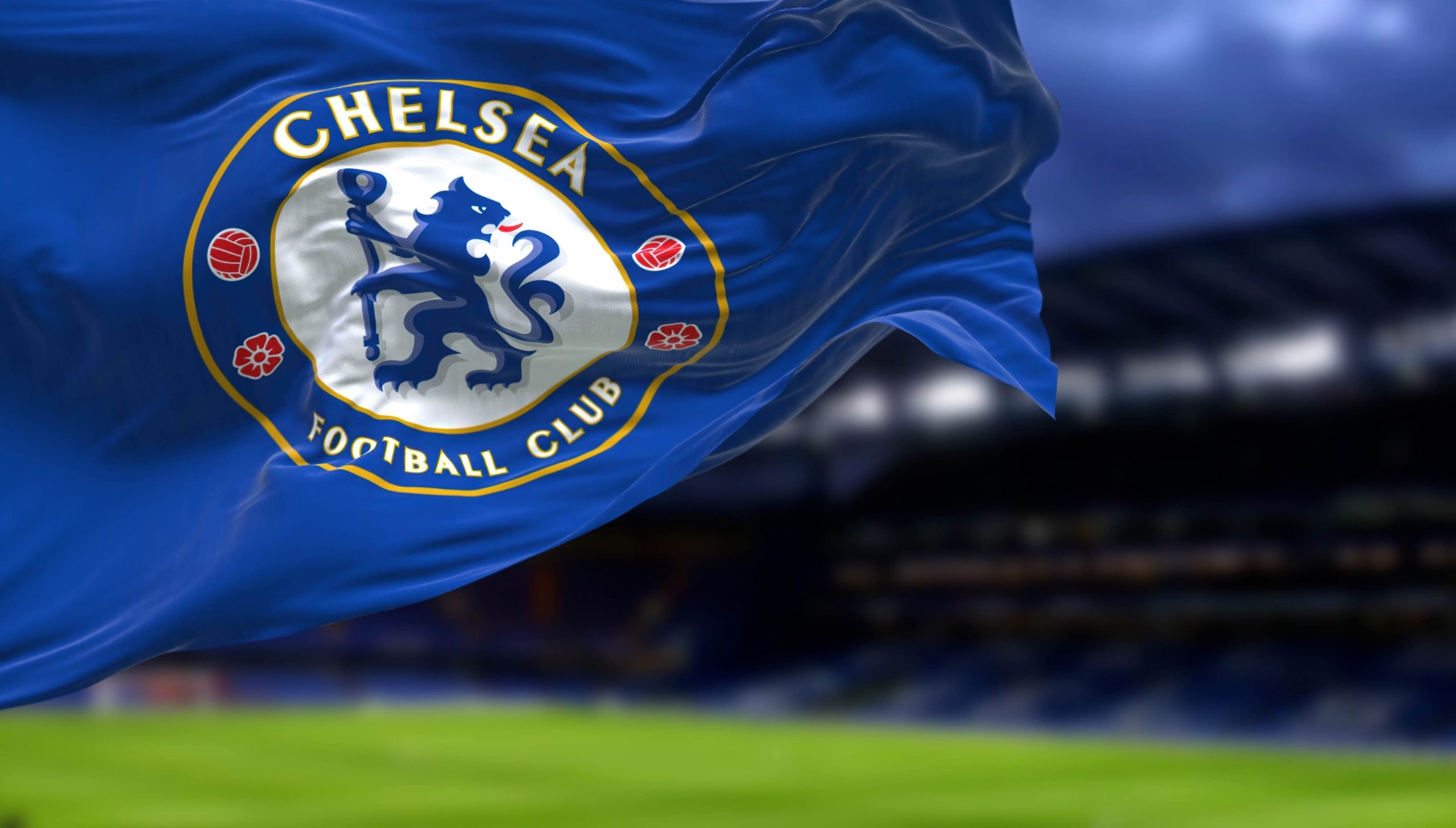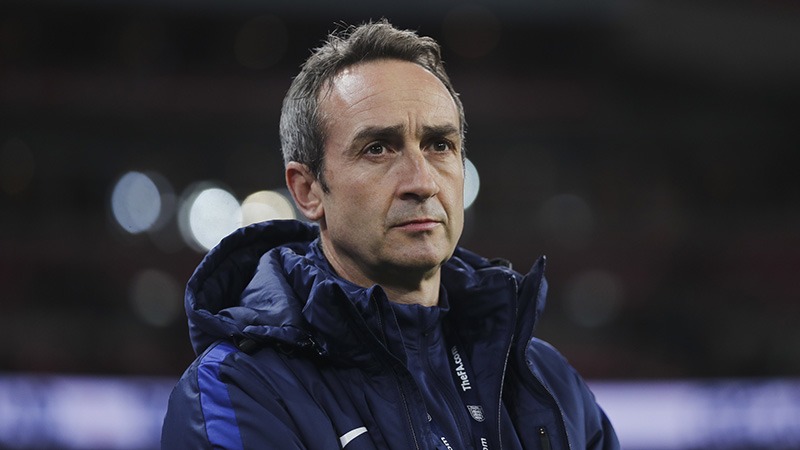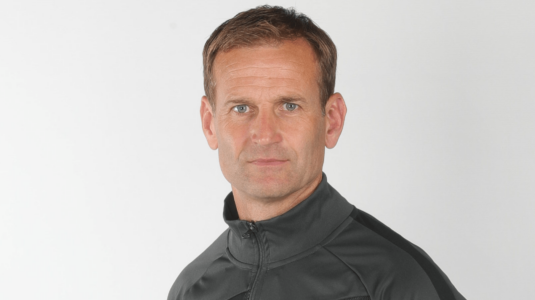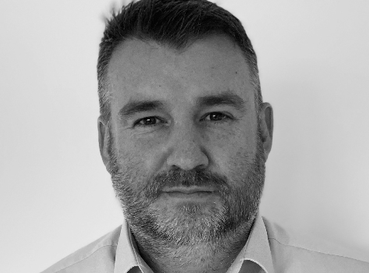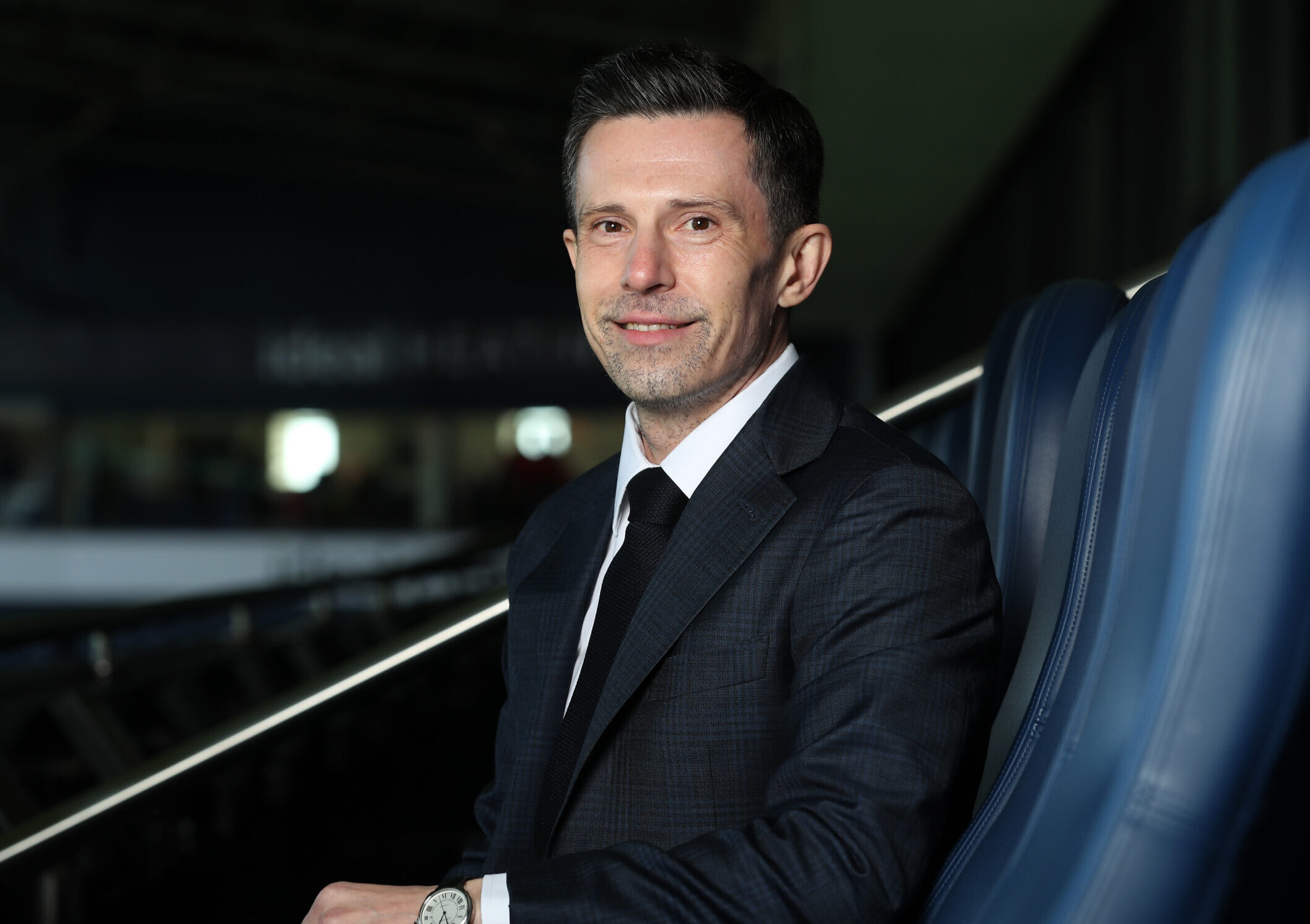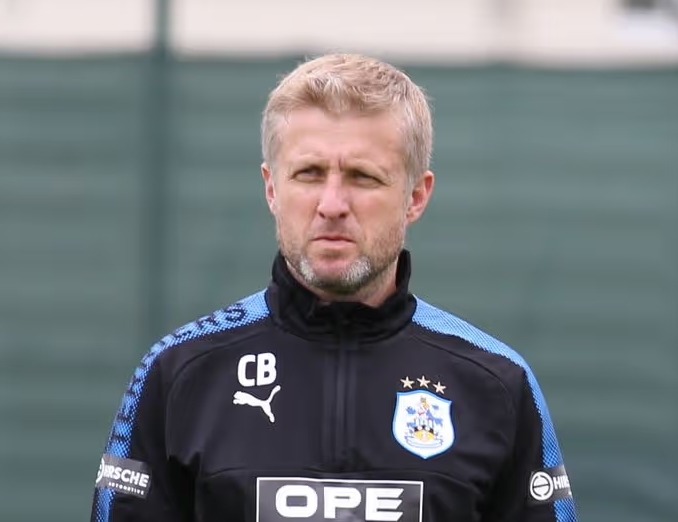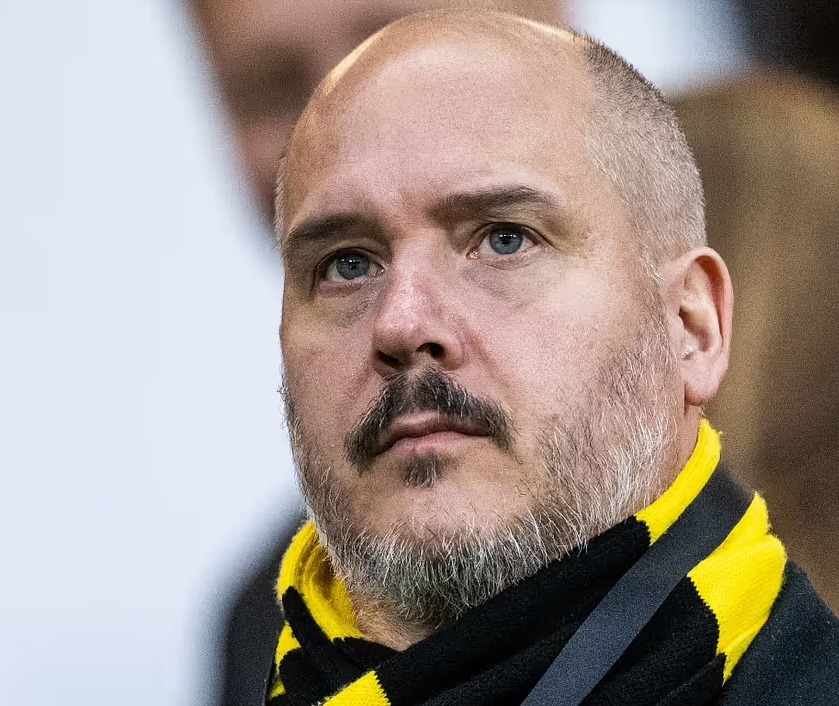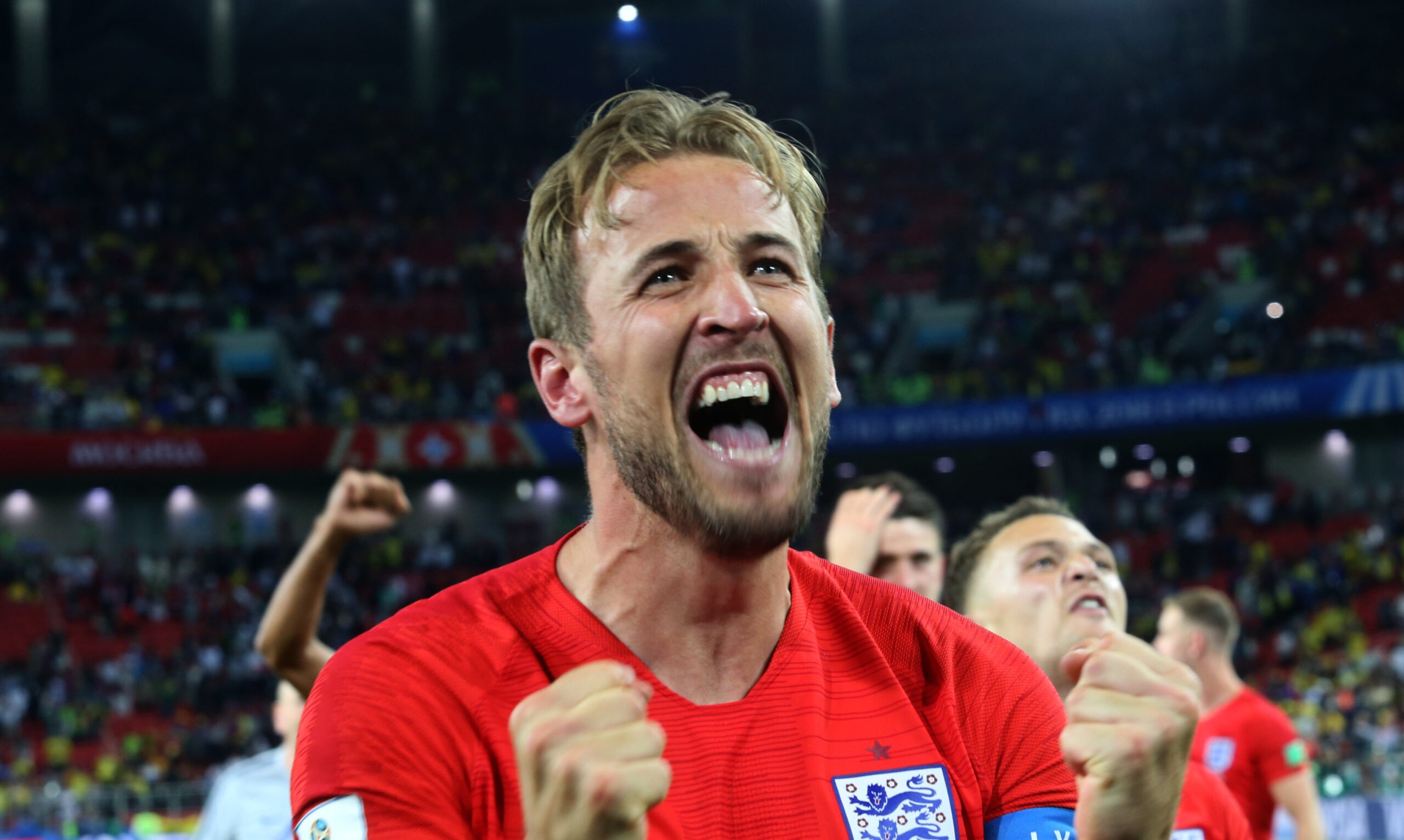
England’s seven steps to redemption
Written by
Simon Austin
July 11, 2021
Rock bottom became the solid foundation on which I rebuilt my life (JK Rowling).
THE 2010 World Cup in South Africa was England’s rock bottom.
Having once again entered the tournament with high hopes, the team were humbled 4-1 by Germany in the last 16. This was the country’s heaviest defeat in a major tournament and forced Football Association bosses to face some harsh realities.
Bringing in expensive foreign managers like Sven-Goran Eriksson and Fabio Capello had failed and something more long-term and substantial was required.
That defeat in Bloemfontein proved the catalyst for major changes in coaching, youth development, performance and medicine, leadership and culture that laid the foundation for England’s subsequent success under Gareth Southgate.
Change has sometimes been painful, with setbacks along the way, including humiliation by Iceland at Euro 2016, but overall England have been on an upward trajectory ever since.
Many people have contributed to this dramatic improvement, from grassroots coaches to parents to scouts to players to administrators, and I apologise in advance for not being able to mention all of them in this article.
1. Improving the quality of our young players
If you don’t have the right raw materials, there’s only so much you can do. This is where the clubs and their Academies have come in, because they’re the production lines for young players.
In 2012, the Premier League launched the Elite Player Performance Plan, with the objective of producing more and better England-qualified players. The architect was Ged Roddy, who had joined the Premier League in October 2009 as Director of Youth.
Roddy remembers the 2010 World Cup as being the catalyst for change, because it galvanised one of English football’s most powerful and effective leaders.
“Richard Scudamore (the Premier League chief executive) decided that enough was enough and he was willing to have change,” Roddy told TGG. “That World Cup was a real low in terms of the national team and the number of homegrown players competing in the Premier League.
“Richard was brave. He could see that something had to be done and he had the political power and influence to be able to change things. He asked me to shape EPPP and I did that, but without his political power, support and expertise it would have been tough.”
EPPP introduced four Categories of Academy, with clubs awarded their status based on facilities, staffing and coaching provision. Auditers were sent in to assess, in much the same way that Ofsted does for schools, and the Premier League also promised to invest £1 for every £1 that the clubs put into their own youth systems.
There was strong resistance in some quarters, not least from some of the big Premier League clubs and many in the Championship, but overall the system has been embraced. Roddy admits some mistakes were made, but it’s hard to deny that better England-qualified players have been produced as a result.
This has been evidenced by England teams winning the U17 World Cup, the Toulon tournament, the U19 Euros and the U20 World Cup – and by the success of the senior national teams. England’s young players are also now coveted by major foreign teams.
Roddy’s twin approach of auditing and investment proved a masterstroke. Top clubs wanted the prestige (and advantages) of having Category One status, which meant that Academy Managers suddenly gained influence at boardroom level.
And in the first four years of EPPP, Roddy says the Premier League invested £350m in the Academy system. Almost a decade in, that figure has risen to more than £1 billion.
Dan Ashworth, the FA’s former Head of Elite Development and Technical Director (who we’ll hear a lot more about further down), said England couldn’t have achieved the success they did without Roddy and EPPP.
“Although I thought our coaches in England were really good, if they don’t have the right tools to work with, they’re not going to win World Cups,” Ashworth, who is now Technical Director at Brighton, told the TGG Podcast.
“When we’re able to go and win World Cups at 17s and 20s, European Championships at 17s and 19s, Toulon, you can only do that with good players. That was a real marker in just how good the clubs have been at developing young players and how good our young players are on a world and European stage.”
2. Vision (and action) at The FA
In September 2013, FA Chairman Greg Dyke set England the twin targets of reaching the semi-finals of Euro 2020 and winning the 2022 World Cup. For some, this sounded like empty rhetoric from a man who likely wouldn’t be in post by then (he wasn’t).
But the targets galvanised those within The FA. Crucially, Ashworth was also given the resources with which to achieve those targets. Having been appointed Head of Elite Development a year earlier, he hired Southampton Academy Manager Matt Crocker as Head of Coaching and Dave Reddin, formerly of England Rugby and the British Olympic Association, as Head of Team Strategy and Performance.
Crocker admitted he was inspired by Dyke’s ambition. “What that actually did when you worked for the organisation was it focused your mind,” he told TGG’s Individual Development Webinar in June 2021.
“We’ve now got a vision and target, what are we going to do? What is our strategy going to be? What are we going to do with the days, weeks, months, years ahead that’s going to be different to those other organisations to enable us to bridge the gap and hopefully help us be successful in a tournament in future?”
In December 2014, Ashworth launched the ‘England DNA’. This was derided in some quarters as a gimmick, but it actually laid down, in detail, how England teams should play, how they should be coached, who they were, how they were supported and what the future England player should look like.
Allied to this, England also now had a home that would be the base for their identity, their ideas and for coach and player development.
“St George’s Park was an incredible base of planning, strategy, performance and coaching,” former FA Head of Talent Management Mike Rigg told TGG. “You couldn’t walk down the corridors without meeting people from 20 different clubs. Everyone was there, analysts, scouts, coaches. It led a change in how everything operated.
“And the England DNA was a gamechanger, because it changed the way we coached and brought everything together.“
Sessions with: Rhys Carr, Russell Martin, Saul Isaksson-Hurst, Matt Crocker, Leigh Bromby and Shayne Hall/ Austin Fuller.
3. Who we are
The greatest sporting teams, such as the New Zealand All Blacks, have a strong culture which is the bedrock of everything they do. In simple terms, culture means how people are expected to behave within a particular environment.
The new leaders at The FA felt England didn’t have a clear sense of who they were, nor what they stood for. This had a knock-on effect on performance. ‘Who we are’ now became a core pillar of the England DNA, with Reddin leading on it.
Dr Pippa Grange was appointed as the FA’s first Head of People and Team Development in November 2017 and New Zealander Owen Eastwood came in as a culture consultant.
Reddin told TGG: “Culture is a great vogue concept at the moment, we seem to hear it all the time. But culture is something that needs to be worked on, not just talked about, and it’s more than just a group of good guys that get on well together.
“At the centre of culture is this idea of identity and belief. Who are we and what do we believe in?”
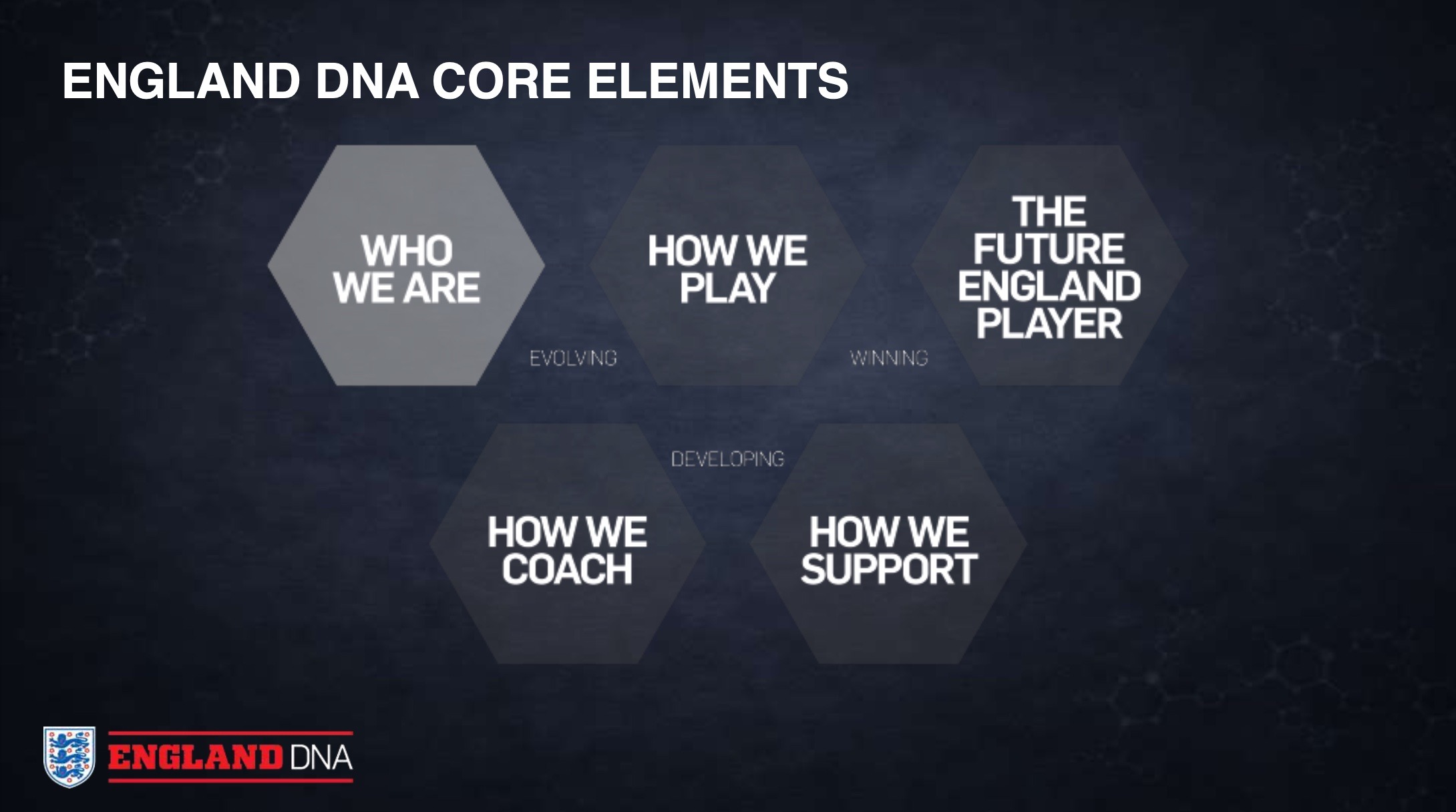
England DNA
Appearing on the TGG Podcast in July 2020, Grange explained: “Winning is not the same as good culture. The two go hand-in-hand but they’re not necessarily causal – culture doesn’t cause winning. But sustained winning is absolutely underpinned by good culture.”
A lot of work was done to establish what it really meant to play for England – and to help the players realise that they were part of something bigger than just the current team.
This included the handing out of ‘legacy numbers’, which signified where players were in the long line of England internationals. The number was stitched into the collar of a player’s shirt, with the most recent being #1262 Sam Johnstone.
Former players also wrote letters to those who now filled their shirt. For example, Peter Shilton wrote to Jordan Pickford to wish him well before the 2018 World Cup.The players were also shown a video tribute from ex-players and England teams ahead of Euro 2020.
Southgate (who we’ll discuss in more detail later on) has been key in making sure that this culture is embedded and that it’s relevant to a squad with such diverse backgrounds and experiences.
4. How we play
The England DNA also laid down a template for how all England teams should play. In the past, this had been at the whim of the particular manager, with each tending to have very different ideas and principles.
‘How we play’ also applied down the age groups, which meant players had experience of the ‘England way’ by the time they reached the senior set-up.
There were sections in the DNA on how teams should play in-possession, out-of-possession and in transition, as well as suggestions on formation. For example, in possession, England teams should “aim to dominate possession intelligently, selecting the right moments to progress the play and penetrate the opposition.”
Southgate, who had himself played a key role in the development of the DNA, explained: “To be a successful team, we need to control possession. If we look at the successful teams over the last 10, 12 years, that’s definitely been the case. And if you look to the future, you will only see that increasing.
“In England teams I played in, we used to just lump things in the box and play very direct, because under pressure we were trying to get a goal and it became quite a random process.
“We are trying to encourage our younger teams to keep playing the right ball. If you keep possession for long enough, teams tire, gaps appear and then you have to be ruthless in the penalty areas.”
Crucially, the Academies were now producing players with the technical ability required to deliver this style of play. They also had the tactical intelligence to be able to play in different positions and adapt depending on the state of the game at any given time.
Meanwhile, Ashworth had identified that the most successful countries in senior international football, such as France, Spain and Germany, tended to have players who had competed together for their countries at youth level.
So he introduced U15, U18 and U20 England teams, while also taking them back to the Toulon tournament for the first time in nine years in May 2014. All of these teams had the same approach and philosophy.
5. World-class support
When Dave Reddin arrived at The FA in 2014, he found “we weren’t structurally set up for success in terms of investment, structure and the people who would enable you to deliver that target (from Dyke).”
He added: “If we take support services, I think we had 14 full-time employees across every support discipline and 10 of those were analysts who had moved over from Loughborough University.
“We had Ian Beasley heading up medicine, Gary Lewin as men’s physio, Tracy Lewis as women’s physio, John Iga doing some stuff around sport science.
“We had no psychology support, no nutrition, and most of the other services were provided by consultants who would pitch up for a camp and then disappear again, we had no connection to them.”
Reddin had an outstanding record of transformational change with England Rugby and the BOA and Crocker said he was someone who “didn’t think in the traditional football way, he thought outside the box.”
“He would challenge convention and often it would make us feel uncomfortable, but Dave’s thinking really helped cement that leadership group at the FA at the time, of Dan Ashworth, myself, Gareth Southgate, Mike Rigg and Dave.”
Over the course of the following months and years, Reddin set about building a world-class support staff. Charlotte Cowie arrived as Head of Performance Medicine, Bryce Cavanagh as Head of Performance, Grange as Head of People and Team Development, and Rhys Long as Head of Analysis and Insights.
They were all leading figures in their own individual fields and most had come from outside football. There was also a more proactive approach to performance.
“When I arrived at The FA, we had no philosophy of physical development, no standpoint of what we were all about,” Reddin told the TGG Podcast (which you can listen to above). “Players would come in and we would do whatever they already had been doing. That’s certainly a strategy but it’s a passive strategy.
“If physical development development is an important part of your overall model then you have to be more than passive.”
Now players were given their own individual development plans to work on, covering all elements of their development, and it’s something they’ve embraced enthusiastically.
6. Data and analysis
Landing Rhys Long from Wales Rugby in February 2016 was a major coup for Reddin and England. The Welshman had been with them for almost nine years, as well as touring with the British and Irish Lions in 2013, and was regarded as an analysis expert who truly impacted coaching. Warren Gatland, who had worked with Long for Wasps, Wales and the Lions, valued him very highly and was extremely reluctant for him to leave.
When Long arrived at St George’s, he embarked on building a department from scratch. Over time they delivered data and analysis projects – most notably one on penalties ahead of the 2018 World Cup – profiled current and potential England players throughout the age groups and did extensive opposition analysis.
Team analysts were supported by The Hub, led by Chris Markham, who was Game Insights Lead at The FA from January 2017 to February 2021. The Hub did extensive opposition analysis ahead of each tournament, which proved crucial during the ‘summer of success’ for the England youth teams and then for the men and women’s senior teams when they reached the semi-finals of their respective World Cups in 2018 and 2019.
“I was in charge of a team of two to four analysts at any one moment, to make sure we had information ready on the next opponent,” Markham told TGG. “We did the same in Russia, with maybe 10 coaches and 14 analysts, and something similar at France 2019.
“Those hubs gave us a competitive advantage. Because of the amount of resource we had, we would be able to provide information on the opposition quicker than any other team was getting it.
“Essentially, it allowed our coaches to be out on the grass a day earlier than anyone else thinking about the gameplan. I do think that’s an advantage and something we’ve managed to do well.”
The Game Insights department was disbanded last year, but many of their principles and processes remained in place for the Euros.
7. Gareth Southgate
Last but not least we come to Gareth Southgate, perhaps the most important FA leader of all. As England manager, he is the public face of the team but, even more than that, he has been heavily involved in all of the structural work behind the scenes over the last decade.
The former England defender joined The FA in 2011 as Head of Elite Development before being appointed U21s boss in 2013. In that role he worked with players including Jack Grealish and Jordan Pickford, who are now in his senior squad for the Euros.
In September 2016, Southgate accepted the offer to succeed Sam Allardyce as senior men’s manager, having rejected it months earlier when Roy Hodgson departed. Roddy remembers Southgate as a key ally when EPPP was introduced in 2011.
“A lot of things have come together at the right time for English football and at the heart of that has been Gareth,” Roddy told TGG. “He was the Head of Development under Sir Trevor Brooking when I arrived at the Premier League. That was his role and he was up for working together, which gave us a chance.”
Rigg remembers him as someone who continued to be an influential presence at St George’s Park even after being appointed as U21s boss.
“He wasn’t just turning up with the U21s, he was there all the time,” Rigg said. “In my experience, he’s the best listener in football. He would dedicate as much time to the youngest analyst as to the most senior coach.”
Southgate has been eager to listen to his players and staff throughout his tenure with the seniors and has embraced change.
“Gareth is very much an open-minded, forward-thinking, humanistic kind of coach,” Grange told the TGG Podcast. “He’s interested in people and one thing I really respect about him is that he behaves the same with players and staff.
“His willingness to step forward and build those extraordinary relationships with staff and show care means he really is an excellent leader in that respect. But also he’s an excellent listener, a person who will take guidance without ego, which will make a job like I had so much easier.”
There have been some key figures in this article, notably Dan Ashworth, Matt Crocker, Dave Reddin and Ged Roddy, but Rigg said Southgate was “the golden thread.”
He is also the only one who remains involved with England.
“The only person who has stayed is Gareth,” said Roddy, “and we’re absolutely rooting for him.”
Follow Us
For latest updates, follow us on X at @ground_guru
